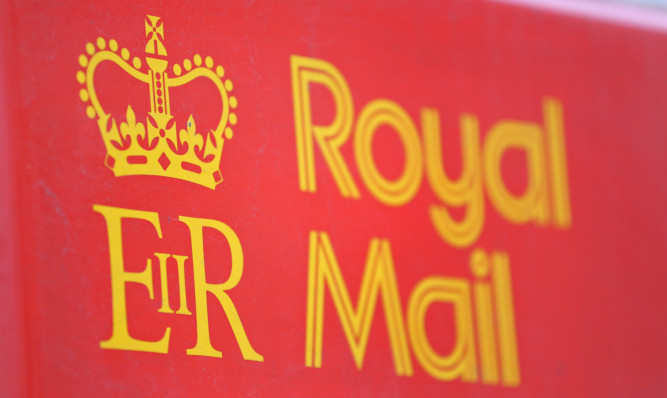An offer by Royal Mail of a three-year pay deal to around 125,000 employees has been rejected, amid warnings of industrial conflict.
The company said the proposed deal would increase base rates by 8.6%, with a lump sum of £300 in December 2013 and new incentive arrangements including a minimum £100 bonus in future years.
The Royal Mail said it also wanted a “new model” for the company to work together with the Communication Workers Union (CWU).
A statement said terms and conditions in the proposed agreement would not be affected by any change in ownership of the company as the Government presses ahead with controversial plans to privatise the Royal Mail.
But the union rejected the proposal, branding it “misleading and unacceptable”, saying workers had recently voted by 99% for a pay rise without any strings attached, which the company had “ignored.”
Deputy general secretary Dave Ward said: “Postal workers want more security; what’s on offer is less. With privatisation looming, the protections Royal Mail have put on offer are not worth the paper they’re written on. Our members clearly voted – by a huge 99% – for a pay rise without strings attached, yet the company ignores them.”
Mr Ward said the Government and Royal Mail chief executive Moya Greene had promised a year ago that postal workers’ pensions were safe, adding: “Now they have reneged on their promise and postal workers’ pensions are again under attack.
“For the company to present this as some kind of benefit linked to a pay offer is scandalous. This is daylight robbery of a further £2 billion of pension scheme assets being used to subsidise privatisation. CWU is seeking a parliamentary inquiry and a review of the European state aid settlement.
“The pay rise is only there as a sweetener to swallow some very bitter pills on damaging changes to pensions, and a raft of workplace uncertainty. The deal that they’ve spun in their press release is not the real deal. Postal workers will know that.
“As far as industrial stability is concerned, the company has no real strategy for growth. Royal Mail consistently claims it has a plan for growth but it can’t explain it to the workforce. All postal workers see are budget cuts and increasingly unmanageable workloads.
“If we can’t get the assurance we want over our members’ future, then industrial conflict is inevitable.”
Ms Greene said: “Co-operation is central to the future success of the company. This offer represents Royal Mail’s commitment to a long-term engagement strategy with the CWU and with our people.
“We have already built a stronger Royal Mail together through closer co-operation and trust in recent years. We are now offering a new long-term agreement with the CWU and our employees.
“This is a good deal – good for Royal Mail and good for our people. We are asking the CWU and our people to accept this new agreement. There will be further discussions this week with the CWU about the proposed agreement.”
The proposed deal does not apply to staff in post offices.
Royal Mail said that unless it achieved a collective agreement with the union, the proposed pay rise would not be introduced.
